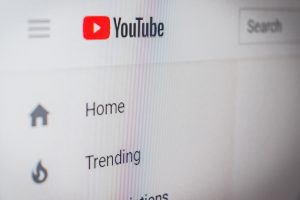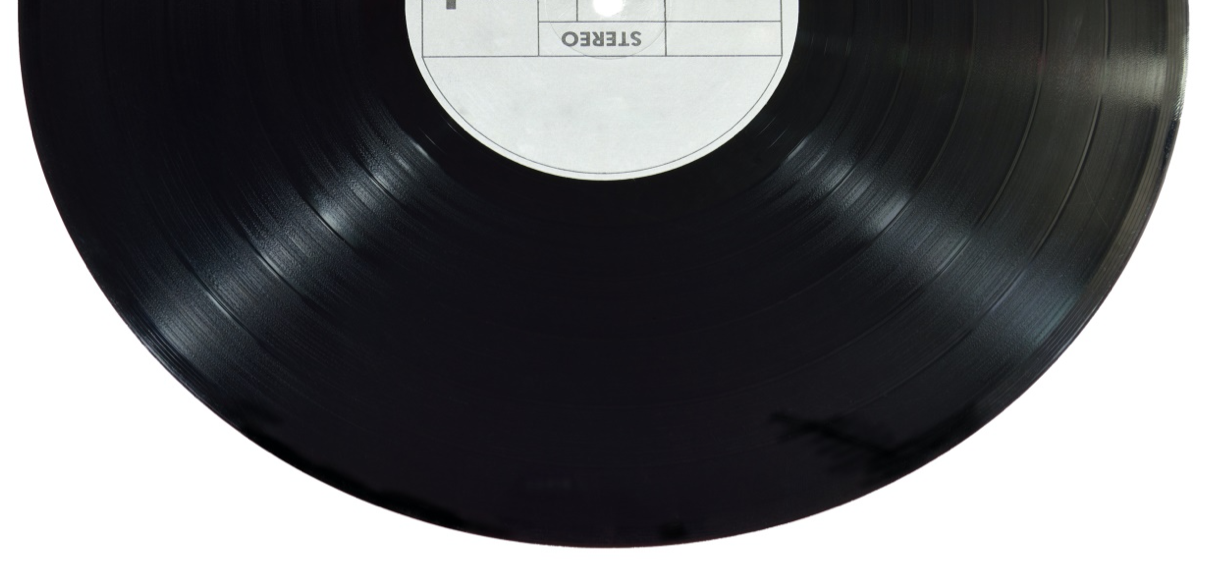Music licensing offers a lucrative way for musically skilled individuals to earn from their craft. However, before venturing into the industry, it’s vital to acquaint yourself with the type of licensing agreement that is available.
In the shadow of the mainstream music scene is a multi-billion dollar industry called music licensing. Music licensing is an open industry that creates room for people with music production skills to make an income for themselves. Many musicians, composers, vocalists, producers, and even record companies have made a fortune from this fast-growing music licensing industry that’s poised to experience astronomical growth in profit over the next decade.
Interested in earning an income from music licensing? Then it’s imperative that you educate yourself on what music licensing is and the types of music licenses out there. Keep reading this article to acquaint yourself with the types of music licensing that are within your reach to explore.
What is Music Licensing?
Music licensing can summarily be defined as a license use of copyrighted music. A more detailed definition is a legal creation that ensures that the owners of musical works and copyrights are duly compensated for their intellectual property.
Types of Music Licenses
Royalty-Free Music License
The royalty-free music license is a type of license that requires a single payment for obtaining permission to use a piece of music multiple times. In the early days of music licensing, this type of license was practically non-existent, and creators had to pay a music licensing fee for every use. However, the emergence of Artlist and other subscription-based music licensing platforms revolutionized the industry with their rights-of-use that seems fairer to creators.
Although recurring payments are not required for most royalty-free licenses, some platforms may ask that users pay extra to use their premium beats.
Free Public Domain
These are not regulated by any law and are available for use to all and sundry. For a piece of music to be in this category, then it must have been old—for the EU and the US, this is 95 years after publication or 70 years after the death of the right owners. On the other hand, Canada requires just 50 years for the musical work to have a free public domain license, so the rules guiding this depends on your country of residence.
Another way for a piece of music to legally enter this category is when the rights owners put it there or the music never enjoyed copyright protection before. Is it possible for a piece of music never to have been protected by any copyright? Very much so; this happens when music is released before the establishment of the copyright law in existence.
Creative Commons License
This is a type of music license issued by rights owners to allow anyone to use a piece of music in a way that’s stipulated in a music license. This type of license is essentially a standard agreement that’s attached to the intellectual property and permits its use without the need to contact the copyright owners and negotiate terms of use.
Creative Commons license is ideal for people whose goal is to make their intellectual property known to as many listeners as possible. Although this type of license can easily make a piece of music go viral, it’s not the most ideal for a song with a high commercial value.
As long as intellectual property is used per the stipulations of the license, the user has complete control over the piece of music and cannot be asked to make any payment as a result of any revenue generated from its use—except it’s expressly stated in the creative commons agreement.
Lastly, it’s very difficult to ascertain that all users stick to the stipulations of Creative Common licenses; as such, rights owners should have a legal team to monitor the use of their intellectual property.
Public Performance License
This type of license is an agreement issued to the user by the owner of a copyrighted composition that permits the user to play the piece in a public place, irrespective of the commercial and non-commercial nature of the event or establishment. This establishment includes commercial establishments like gyms, cafes, shopping malls, taxis, offices, and airplanes or non-commercial establishments like college campuses.
Needle Drop License
A needle drop license is an outdated term in music licensing, but the general principle is still relevant in vinyl and non-vinyl mediums. This type of music license is one that only allows a single use of a piece of music.
The name “needle drop” was coined out of the needle that’s synonymous with the vinyl player. In the context of “music licensing,” this term poetically refers to the synchronization of a piece of music with a commercial, video, or television show. Every time a “needle drops,” the user requires a new license. This rule remains even when a single song is used multiple times in a single project. For example, if you have a needle drop license to use a song in the intro of a TV show, you need another license to use the same song in the outro of the same TV show. Consider this as licensing a portion of a piece of music that’s exhaustible.
YouTube Music License

In this type of music license, a music owner allows his/her music to be used by a YouTuber for a cut in revenue generated from the specific YouTube video. This type of license is the most ideal for a YouTuber that’s just starting out as it removes the immediate cost of licensing and helps to avoid YouTube’s strikes. However, you must also adhere to the rules of the copyright owner to prevent copyright infringement.
An added advantage to this music license is that a YouTube account that generates enough revenue can easily switch from YouTube music license to a more beneficial type of license.
In Summary
Music licensing offers a lucrative way for musically skilled individuals to earn from their craft. However, before venturing into the industry, it’s vital to acquaint yourself with the type of licensing agreement that is available. In this article are six common types of music licenses to explore in your music creation journey.


Join the conversation!